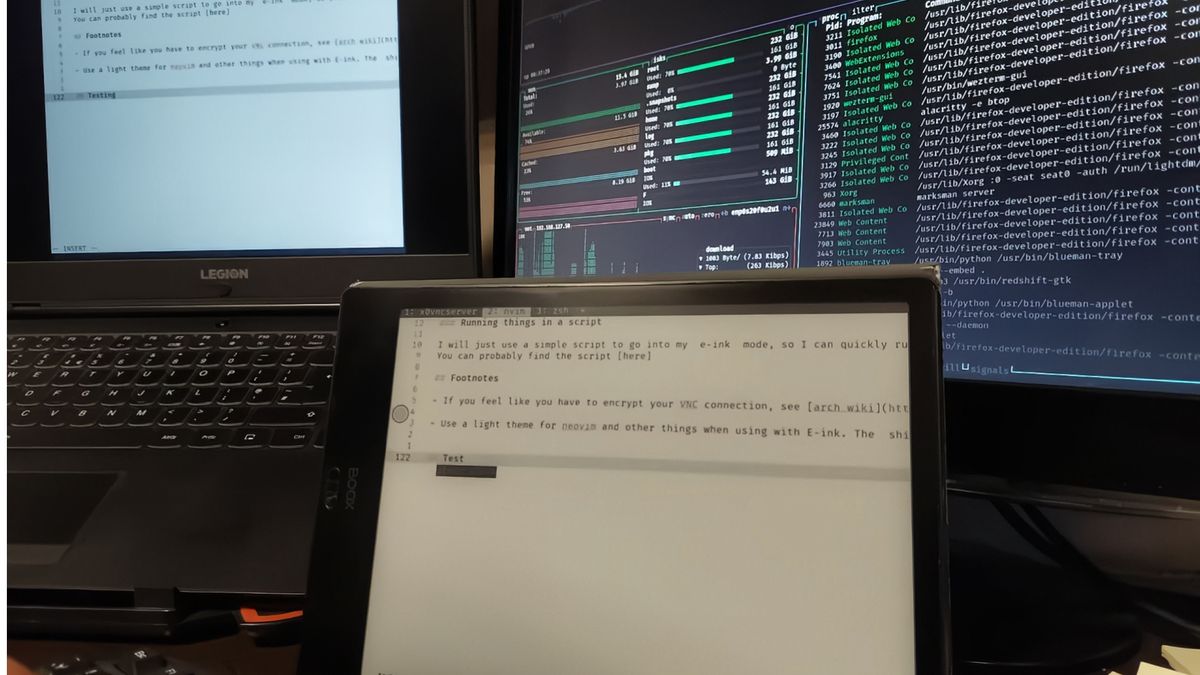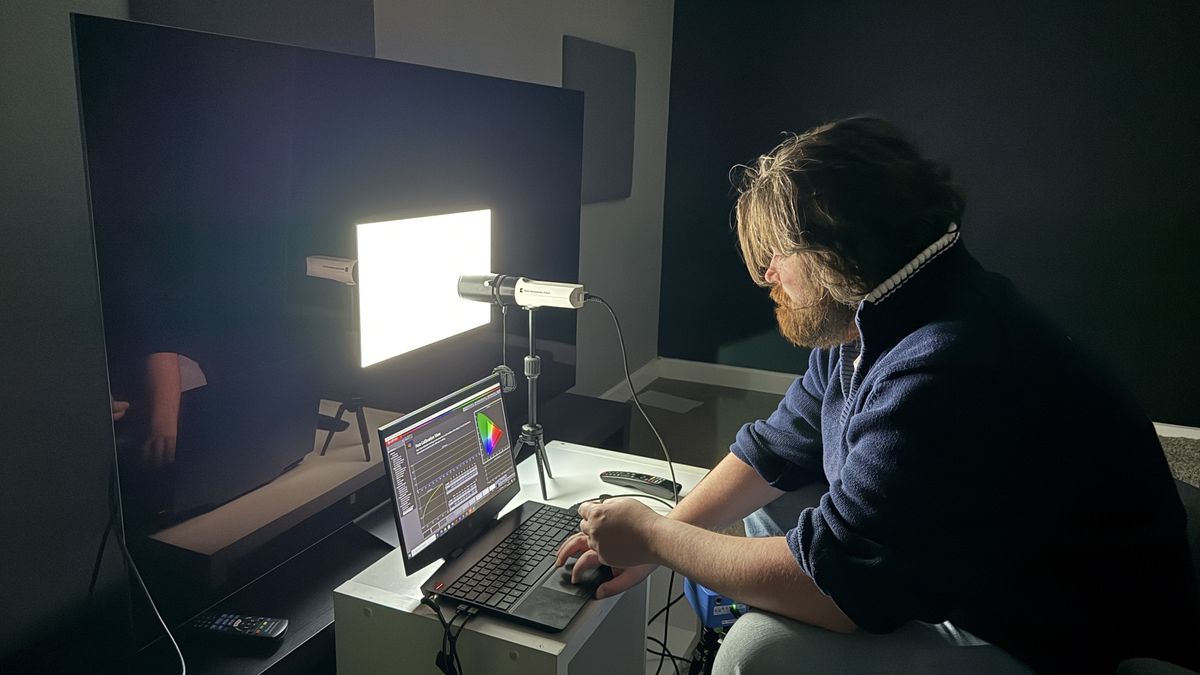New Berlinale director Tricia Tuttle underscored the vital role of independent cinema, her efforts to expand the festival beyond Berlin and the importance of young filmmakers in a discussion on Wednesday at the Cinema Vision 2030 conference organized by German independent cinema association AG Kino – Gilde.
To mark the Berlinale’s 75th edition, the festival will for the first time broadcast its opening ceremony, including Tom Tykwer’s opening film “The Light,” in cinemas in seven cities throughout Germany: Düsseldorf, Frankfurt, Hamburg, Cologne, Leipzig, Munich and Stuttgart.
Describing her strategy to expand the Berlinale beyond its host city in order to make it more accessible for German audiences and at the same time strengthening relationships with exhibitors, Tuttle said “a festival can and should support exhibitors and distributors and I think having audiences engage outside of Berlin is important, but I was as interested in supporting independent cinemas outside of Berlin with something like going to opening night.”
As head of the BFI London Film Festival from 2018 to 2022, in which time audiences at the event grew by 76%, she implemented a similar strategy, taking films to independent exhibitors in multiple cities across the U.K.
While expressing interest in further supporting the exhib sector, Tuttle noted that such a nationwide endeavor would be difficult for the Berlinale, pointing out that in London, films were generally closer to release.
“It is harder to do when you’re working with world premieres because films are usually either [not close to] their domestic distribution dates or haven’t even been sold yet.”
Discussing the Berlinale’s vast program, Tuttle said she first set out with her team to clarify and navigate the various sections, while making the case for Perspectives, the new first feature competition: “[W]e really are excited by new filmmakers because sometimes they’re the most adventurous, untethered by expectations and really bold in terms of what they’re trying to do artistically, and we want to elevate them, but also I think the marketplace is really interested in them.”
While stressing that she was not going to program films specifically because of potential market interest, she nevertheless pointed out that thinking about how the festival could make films more visible for the market would be “a really good, positive thing for everyone.”
Commenting on the festival’s diverse program, Tuttle dismissed the notion that it was a reaction to the current global political climate. The wide-ranging lineup rather reflects with what she finds exciting, such as seeing for the first time a “particular story from this particular perspective or this particular country, and that enriches cinema, so it’s not box ticking, and it never has been for me a box-ticking exercise. The diversity of program makes for a better program.”
Tuttle likewise stressed the importance of attracting young audiences to the festival, something she successfully achieved at the BFI and an effort that “opened up a lot of new energy.”
“I was really proud of the way we moved the dial on young audiences and we did it really by focusing year on year [on] how we reach out to young audiences and understanding what kinds of things they were responding to in the program.”
A main issue was the admission price, she noted. “One of the things I realized is that young people are as passionate about cinema as we are, but it’s also really expensive sometimes and it feels really exclusive. I became really committed to this idea of, OK, how do you get people in and how do you get people hooked? Sometimes you have to make it affordable and accessible for them to come to the festival.”
Tuttle added: “I think we need to just focus on how we excite people about cinema and I’ve seen that be self-seeding. I want to bring some of this to the Berlinale. I think tracking your audience and understanding who your audience is and knowing how to speak to your audience are three things that are absolutely critical for any festival or any exhibitor.”









 English (US) ·
English (US) ·